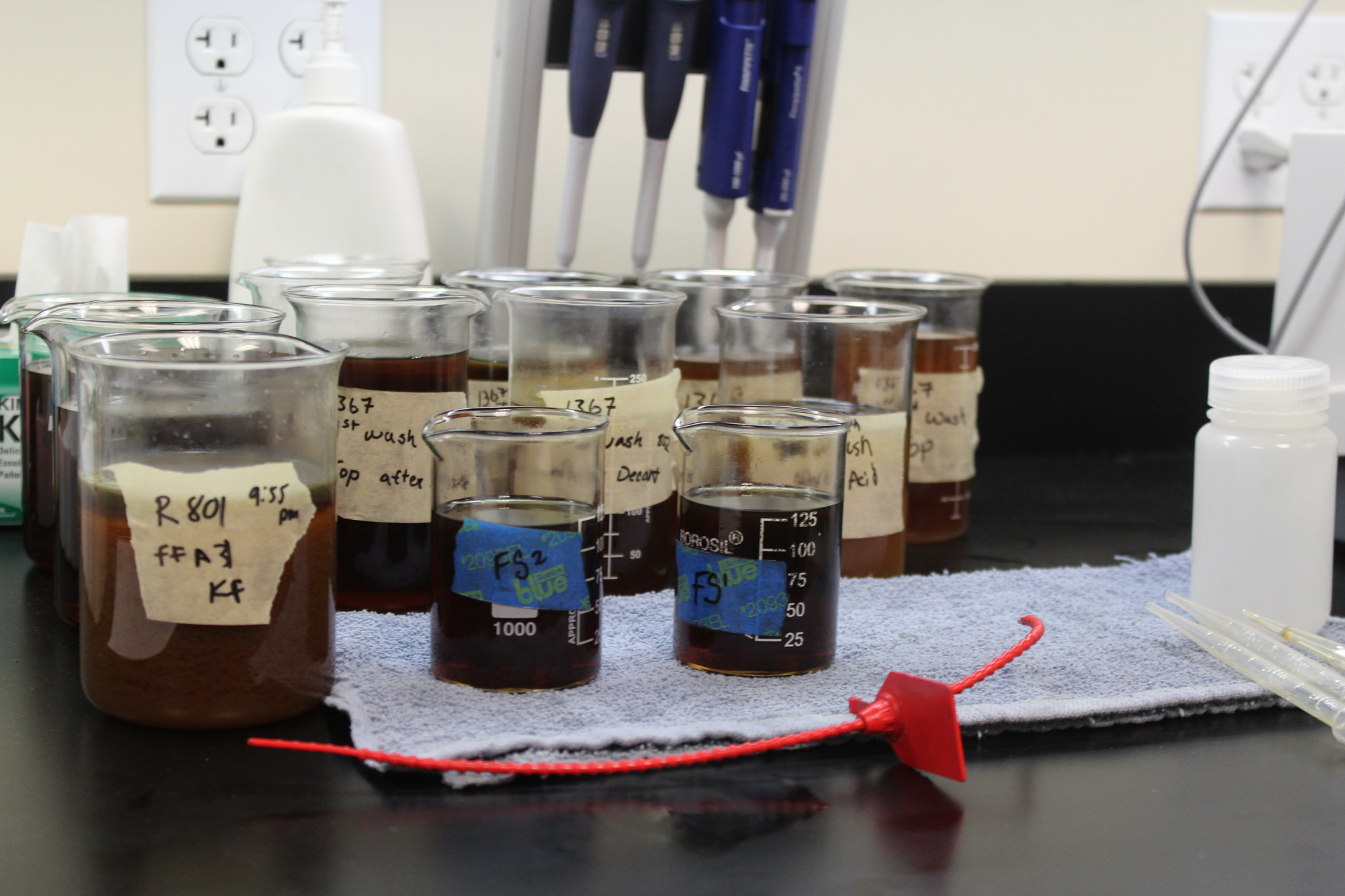On the first day of my first rotation as a medical student, my preceptor shared this bit of wisdom: if you don’t ask, you’ll never know. In the nearly 18 months that have followed, I think about those words on a daily basis. To my mind, asking questions does more than just help us gather data. Asking questions establishes the type of relationship we are going to have with our patients. There are so many questions I wish I would never have to ask, whose affirmative answers are often indicative of the cruelty of this world. But when I ask about things like whether a patient has been the victim of abuse, I hope it sends the message that the relationship we are about to embark upon is one that can withstand such unpleasantness.
Not only can it be excruciatingly frustrating when other practitioners don’t share this point of view, it potentially has grave consequences. Unfortunately, patients with mental illness often seem to be the victims of physician “brush-off.” As someone who plans to devote her life to working with the mentally ill, I can only hypothesize as to why the same patients I find so much joy in working with are often given sub-par medical care as compared to their non-mentally ill peers. Perhaps physicians feel uncomfortable providing care for patients who come across as different than the norm, or perhaps their medical problems are too frequently attributed to psychiatric causes.
I recently cared for a patient who was two weeks post-partum from the birth of her first child. Though she was being seen for psychiatric admission, multiple aspects of her health were addressed during our initial evaluation. When asked about her post-partum health, she denied having been scheduled for a post-partum visit with her obstetrician. Casually, she mentioned that she was having some malodorous green discharge since giving birth. It doesn’t take a medical degree to know that green, foul-smelling discharge is not a good sign, let alone when it occurs in the immediate post-partum time period. We were able to secure a next-day appointment with our hospital’s obstetrical practice, and with the patient’s permission, called ahead to the clinic to alert them of her complaints.
The next day, the care team gathered around to read the note from the obstetrician who had seen our patient. The note comprised all of five lines. There were no pending labs. There was no mention of a physical exam.
There was no mention of the discharge at all.
The American Congress of Obstetricians and Gynecologists (ACOG) states, “It is recommended that all women undergo a comprehensive postpartum visit within the first 6 weeks after birth. This visit should include a full assessment of physical, social, and psychological well-being.”[1] The issue here, though, isn’t really about post-partum care. The issue here is about how we as health care providers need to provide equal care for unequal bodies and minds, and how we need to protect and advocate for our patients.
Patients with mental illness undeniably have poorer overall health. The average lifespan for an American adult with mental illness is a striking 30% shorter than for a non-mentally ill individual.[2] While it is known that mental illness itself creates difficulty in accessing the healthcare system, for mentally-ill patients who do access healthcare, their quality of care is demonstrably lower than it is for those without mental illness. Literature consistently demonstrates that patients with psychiatric diagnoses receive fewer preventative health measures and have overall poorer quality healthcare than patients without psychiatric diagnoses.[3],[4] No matter what field of medicine you are in, you will see patients with mental illness. For these patients who sometimes cannot speak for themselves, the role of the physician in patient advocacy becomes even more crucial.
I will never know exactly what transpired during that appointment between my patient and the obstetrician, but I do know that obstetrician did not ask the questions that needed to be asked, and therefore did not ascertain the information necessary to appropriately care for the patient. At our request, a different practitioner saw the patient again. This time, the appropriate questions were asked, the appropriate testing was completed, and ultimately the patient was diagnosed with a sexually transmitted infection. Left untreated by the first obstetrician, this infection could have caused my patient systemic symptoms and permanent infertility.
As future physicians, it’s important for us to keep asking questions. So often, I have been surprised by the information I find when I ask a question about which I almost kept silent. Equally as important as asking the questions, however, is doing something with the information that you receive. The good doctor isn’t necessarily the one that stops the green discharge; they’re the one the identifies the problem in the first place and advocates on behalf of the patient to get the best people for the job.
[1] https://www.acog.org/Resources-And-Publications/Committee-Opinions/Committee-on-Obstetric-Practice/Optimizing-Postpartum-Care
[2] http://europepmc.org/abstract/med/19570498
[3] http://journals.lww.com/lww-medicalcare/Abstract/2002/02000/Quality_of_Preventive_Medical_Care_for_Patients.7.aspx
[4] https://www.ncbi.nlm.nih.gov/pmc/articles/PMC2951586/
Photo credit: airpix


